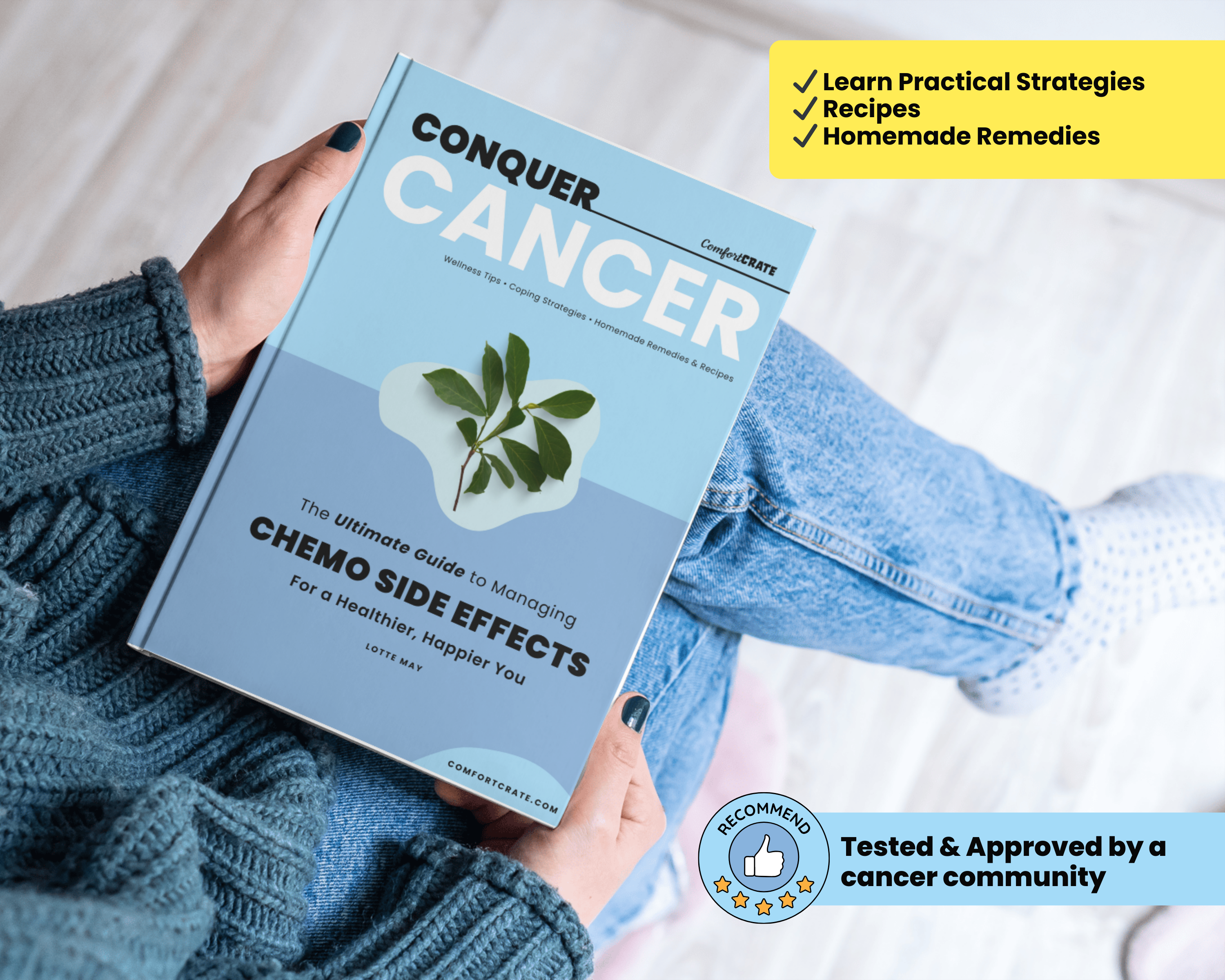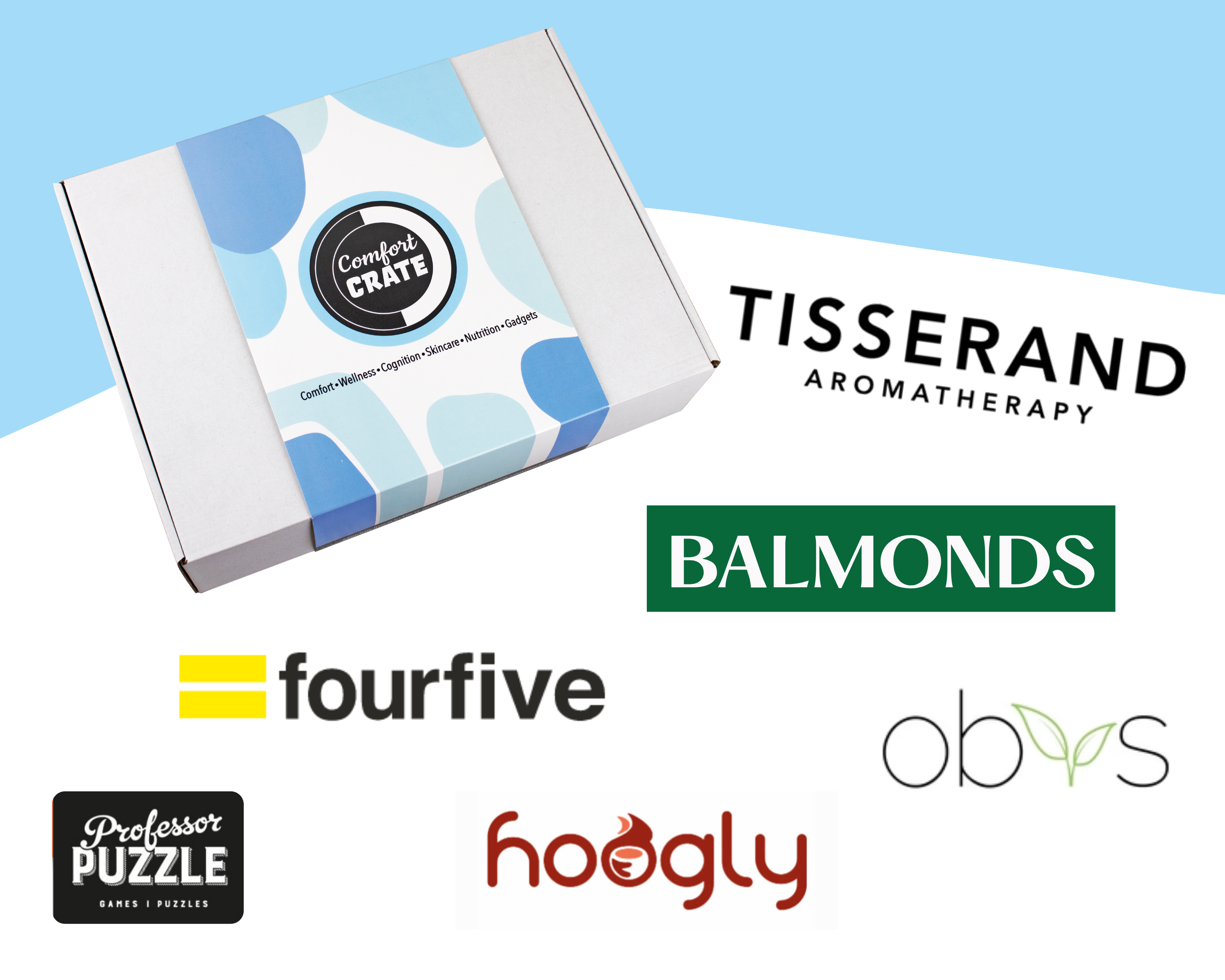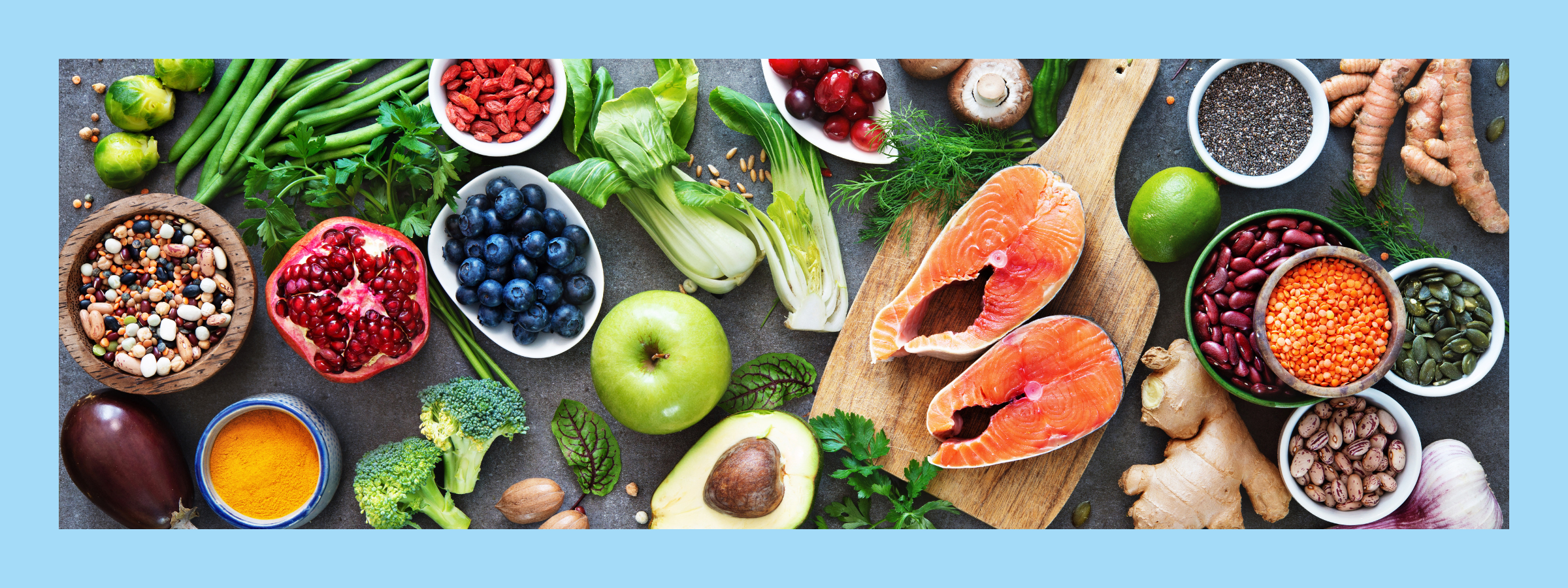
Managing Chemo Fatigue: Nutrition Strategies to Boost Energy Levels
Why Nutrition is Essential | Foods That Reduce Fatigue | Foods That Worsen Fatigue
In the battle against cancer fatigue can be one of the most challenging obstacles to overcome. However, did you know that your diet plays a vital role in managing fatigue during chemotherapy and other cancer treatment?
Why Nutrition is Essential
Chemotherapy and cancer treatment can take a toll on your body, leading to fatigue and decreased energy levels. Proper nutrition is key during this time as it provides your body with the necessary nutrients to repair tissues, support immune function, and maintain energy levels. By fuelling your body with nutrient-rich foods, you can maintain your energy levels and improve your overall well-being during treatment.
-
Tissue repair: Cancer treatments such as chemotherapy and radiation can damage healthy cells and tissues in addition to targeting cancer cells. A nutrient-dense diet provides the building blocks—such as proteins, vitamins, and minerals—that your body needs to repair this damage. This process is needed for maintaining the health of vital organs and systems affected during treatment.
-
Supporting the Immune System: Cancer treatments often compromise the immune system, leaving the body more susceptible to infections and illnesses. Nutrients like vitamin C, vitamin D, zinc, and selenium support immune function. A diet rich in these nutrients can help boost your body's natural defences, reducing the risk of complications and supporting overall health.
-
Maintaining Energy Levels: Cancer treatment fatigue can be debilitating. Proper nutrition can help combat fatigue by providing a steady source of energy. Complex carbohydrates, healthy fats, and proteins can offer sustained energy, stabilise blood sugar levels and prevent energy crashes. Moreover, staying hydrated and maintaining an electrolyte balance are key to energy production and overall well-being.
-
Supporting Psychological Health: Cancer treatment can also take a toll on mental health, leading to depression or anxiety. A balanced diet can improve mood and cognitive function. For example, omega-3 fatty acids, found in fish and certain plant oils, are known for their role in brain health and may contribute to improved mood.
- Improving Treatment Outcomes: Healthy nutrition can help patients better tolerate cancer treatments' side effects, potentially allowing for uninterrupted treatment schedules and optimal dosages. This can be crucial to the treatment's effectiveness.
Foods That Reduce Fatigue
-
Lean Protein: Adding sources of lean protein such as chicken, fish, tofu, and beans into your diet is essential for muscle repair and energy production. It helps combat fatigue and promotes recovery.
-
Whole Grains: Choose whole grains like brown rice, quinoa, and whole wheat bread over refined grains. Whole grains provide a steady source of energy, preventing energy crashes and fatigue.
-
Fruits and Vegetables: Load up on fruits and vegetables rich in vitamins, minerals, and antioxidants. These foods reduce inflammation, boost immune function, and provide natural energy boosts.
-
Healthy Fats: Include healthy fats such as avocados, nuts, seeds, and olive oil in your diet. Healthy fats provide sustained energy and support overall health and well-being.
-
Hydration: Remember to stay hydrated! Drink plenty of water throughout the day to maintain energy levels, support digestion, and flush out toxins. Learn more about hydration here.
Foods That Worsen Fatigue
-
Sugary Foods and Beverages: Avoid foods high in added sugars such as sweets, fizzy drinks, and pastries. These can cause blood sugar spikes followed by crashes, leading to fatigue and decreased energy levels.
-
Refined Carbohydrates: Limit your intake of refined carbohydrates like white bread, pasta, and sugary cereals. These provide a quick energy boost but often leave you feeling tired and sluggish afterward.
-
Caffeine: While a cup of coffee or tea may provide a temporary energy boost, excessive caffeine consumption can disrupt sleep patterns and contribute to fatigue over time. Limit your intake of caffeine-containing beverages, especially later in the day.
-
Processed Foods: Minimise your intake of processed foods like fast food, frozen meals, and packaged snacks. These are often high in unhealthy fats, sugars, and additives, which drain your energy and worsen fatigue.
Final Reflections: Overcoming Fatigue Through Dietary Choices
Nutrition plays a vital role in managing fatigue during chemotherapy and cancer treatment. By prioritising nutrient-rich foods and avoiding those that worsen fatigue, you can support your energy levels and overall well-being throughout treatment. Listen to your body, make healthy dietary choices, and consult with a healthcare professional or registered dietitian for personalised nutrition advice. With the right nutrition and support, you can fight fatigue and stay strong on your journey towards recovery.
For more tips on managing chemo fatigue and optimising nutrition during cancer treatment, explore our Managing Side Effects of Chemotherapy: A Comprehensive Guide. Empower yourself with practical strategies to combat fatigue and support your overall health and well-being.









Leave a comment
This site is protected by hCaptcha and the hCaptcha Privacy Policy and Terms of Service apply.